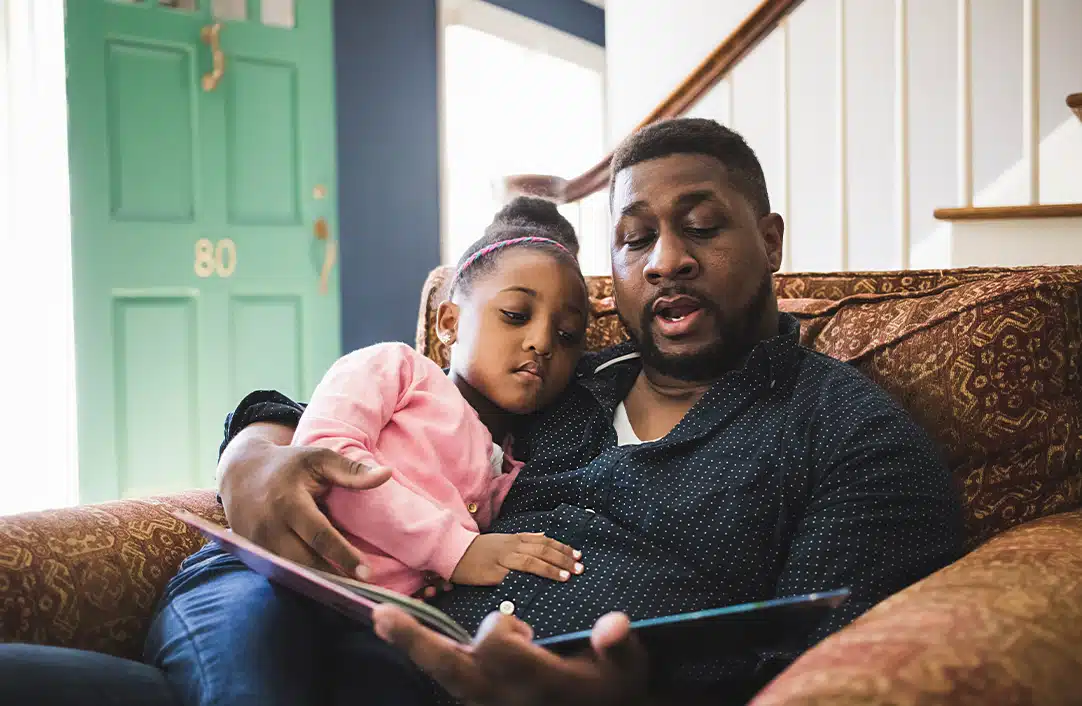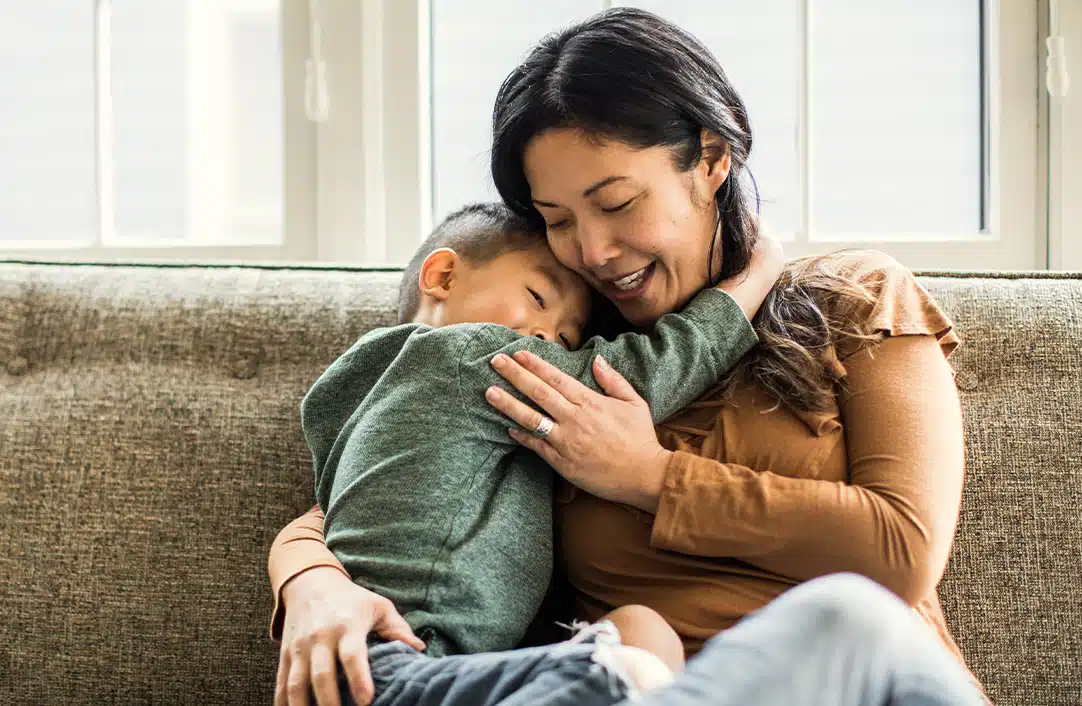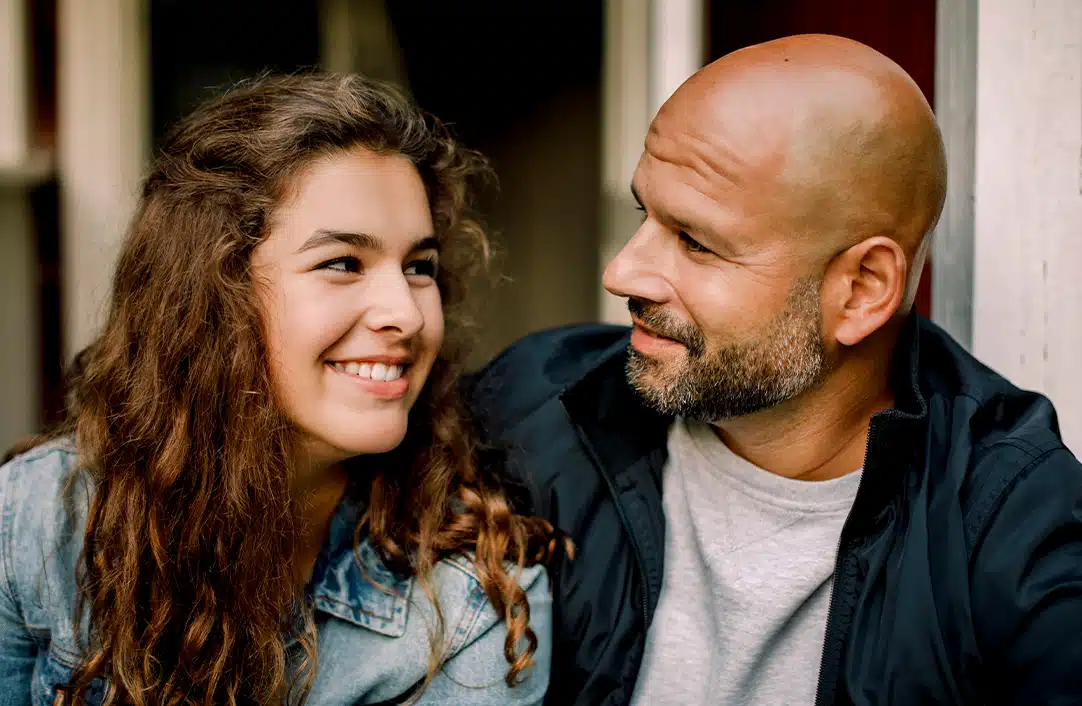How can I provide support to someone close to me who has been abused?
It can be hard to know how best to help loved ones who are survivors of sexual abuse. Your primary role is to support and reassure. Don’t judge, criticize, demand to know details about abuse, or minimize what has happened.
How do I break the silence about my own abuse?
Talking about your abuse takes courage, but it can be a key step in healing. When you’re ready to talk about your abuse, pick someone you trust who will be understanding and supportive. Remember this is your story, and you get to decide what you share. Don’t feel obligated to disclose more than you want to.
If I know or think that a child is being sexually abused, what should I do?
Nearly every state has mandatory reporting laws, so you need to report sexual abuse if you know or suspect that it’s occurring. In general, you should report to Child Protective Services. On Saprea's website, there’s a blog post that will help you find the local agency in your area.
Additional resources: How to Report Sexual Abuse in the United States
Has the prevalence of childhood sexual abuse gone up or down over time?
Gathering data about the prevalence of childhood sexual abuse is challenging. At Saprea, we use statistics that come from the ACE study, a thorough, longitudinal study conducted by the Centers for Disease Control and Kaiser Permanente focusing on the impact of childhood abuse and neglect. Other studies on sexual abuse have been conducted that arrive at different prevalence numbers, but no new study has been as rigorous as the ACE study.
Additional resources: Why the ACE Study Is Important to Parents
A registered sex offender just moved into my neighborhood. What should I do?
First, don’t panic. Gather facts from the sex offender registry and other credible sources. No one wants a sex offender to reoffend, so do what you can to make them productive members of your community. They want to be successful. With all that said, be vigilant in talking to your child about safety, and be cautious in any interactions with your neighbor.
Additional resources: Trust Your Intuition When It Comes to Your Child’s Safety, 6 Perpetrator Grooming Patterns Every Parent Needs to Know
What if someone in my family is the perpetrator? How should I handle interactions at family gatherings? How and what should I communicate to other family members?
Unfortunately, this issue arises frequently. Approximately 30% of child sexual abuse perpetrators are family members. If you find yourself in this difficult situation, your primary goal is to protect the child. Be sure to check in with your child before and after family gatherings and tell them they don’t have to do anything they don’t want to. Also, as hard as it might be, you need to communicate with other family members and Child Protective Services about what you know.
Additional resources: Keeping Your Kids Safe During the Holidays, What If a Family Member Is the Perpetrator?
Are children ever perpetrators?
Nearly half of perpetrators are under the age of 18. Sadly, children who perpetrate have often been abused themselves. In these situations, it’s important to get help for both the perpetrator and the victim so that they can deal with the trauma they’ve suffered and go on to lead a happy and fulfilled life.
Additional resources: 5 Facts About Child on Child Sexual Abuse
How and when should I teach consent?
At Saprea, our unwavering stance is that a child is not ever in a position to give consent to someone to sexually abuse them. We know that capable kids can learn to apply principles of consent at a young age in everyday situations. And as they grow, mature, and find themselves in situations where they have power or influence over another individual, they will be able to respect the other person enough that they don’t act in a way that causes sexual (or other) harm.
Additional resources: Practice Consent, Teaching Your Kids to Say “No”
How do I start having conversations about healthy sexuality with my kids?
You don’t have to have one big conversation where you talk about everything. Start small and build from there. If you need some ideas, check out Saprea's website. You can find activities that will give you a place to start.
Is it appropriate to teach my three-year-old about healthy sexuality? What should I teach?
You can start teaching kids about healthy sexuality from a very young age. There are even things you can teach infants and toddlers. Begin by teaching kids the names of their body parts. Build from there and talk about things like safe and unsafe touch. You can find blog posts that give specific ideas for things you can talk about with your kids at various ages.
Additional resource: Little Healthy Sexuality Talks blog series



